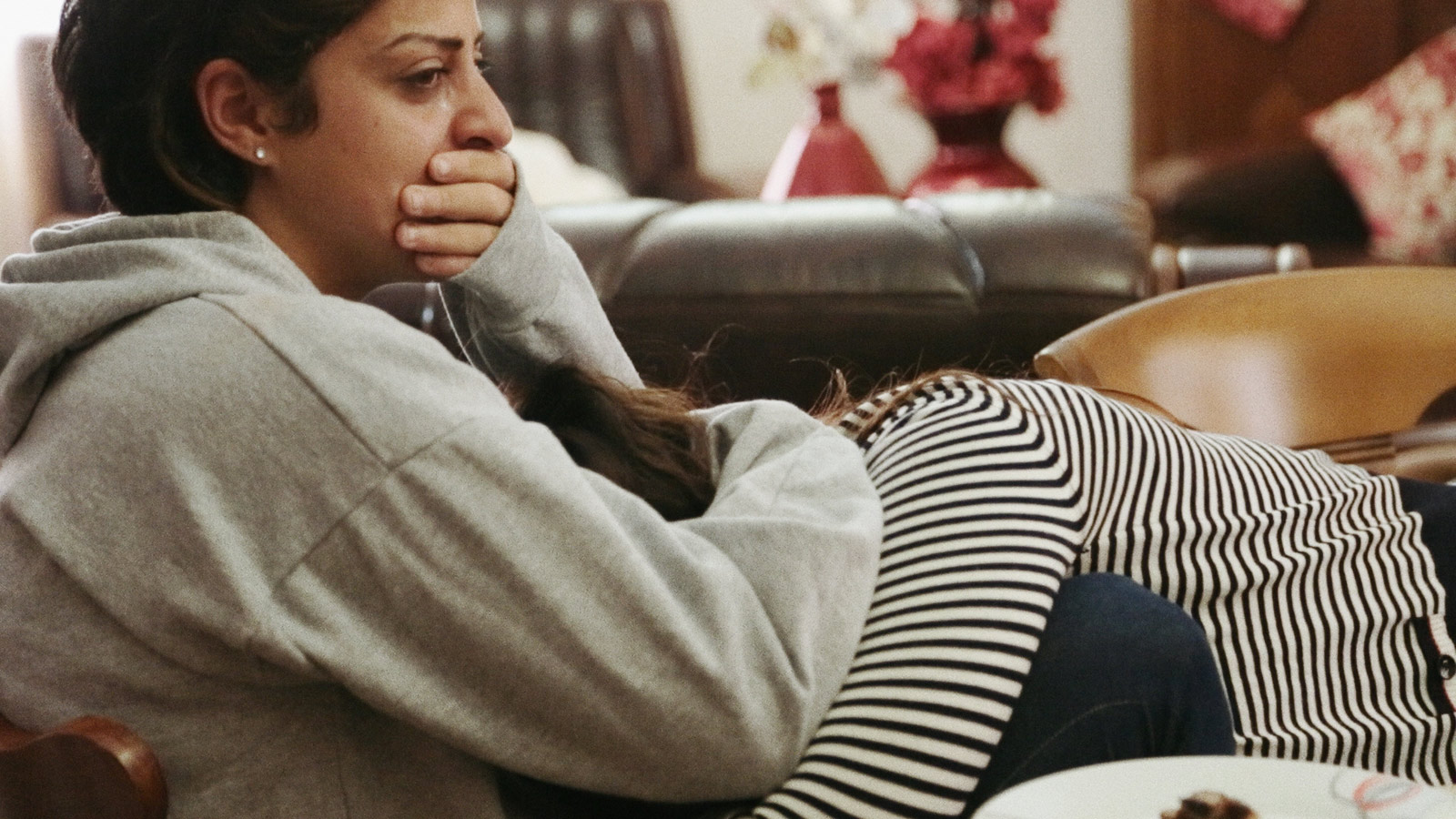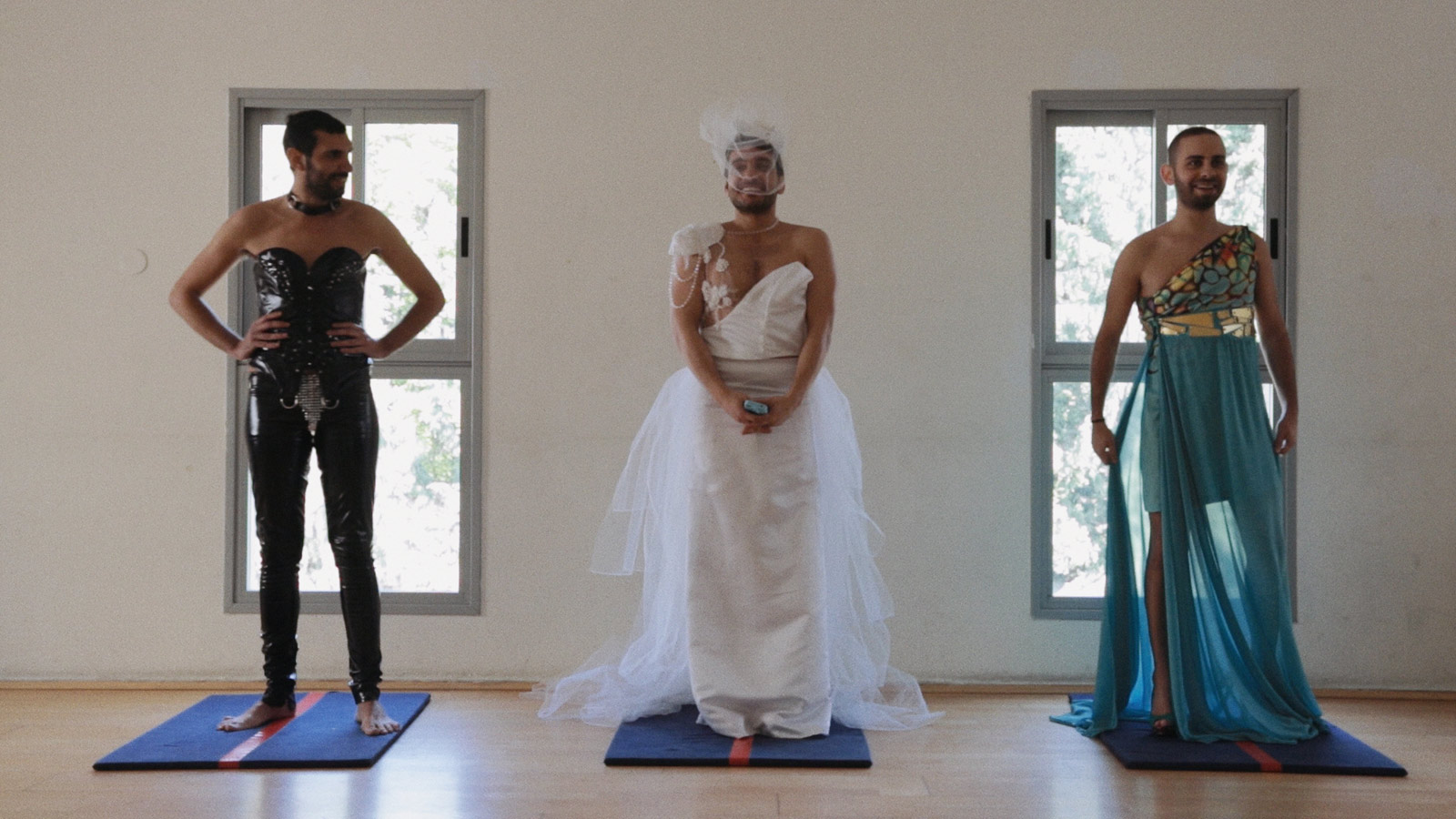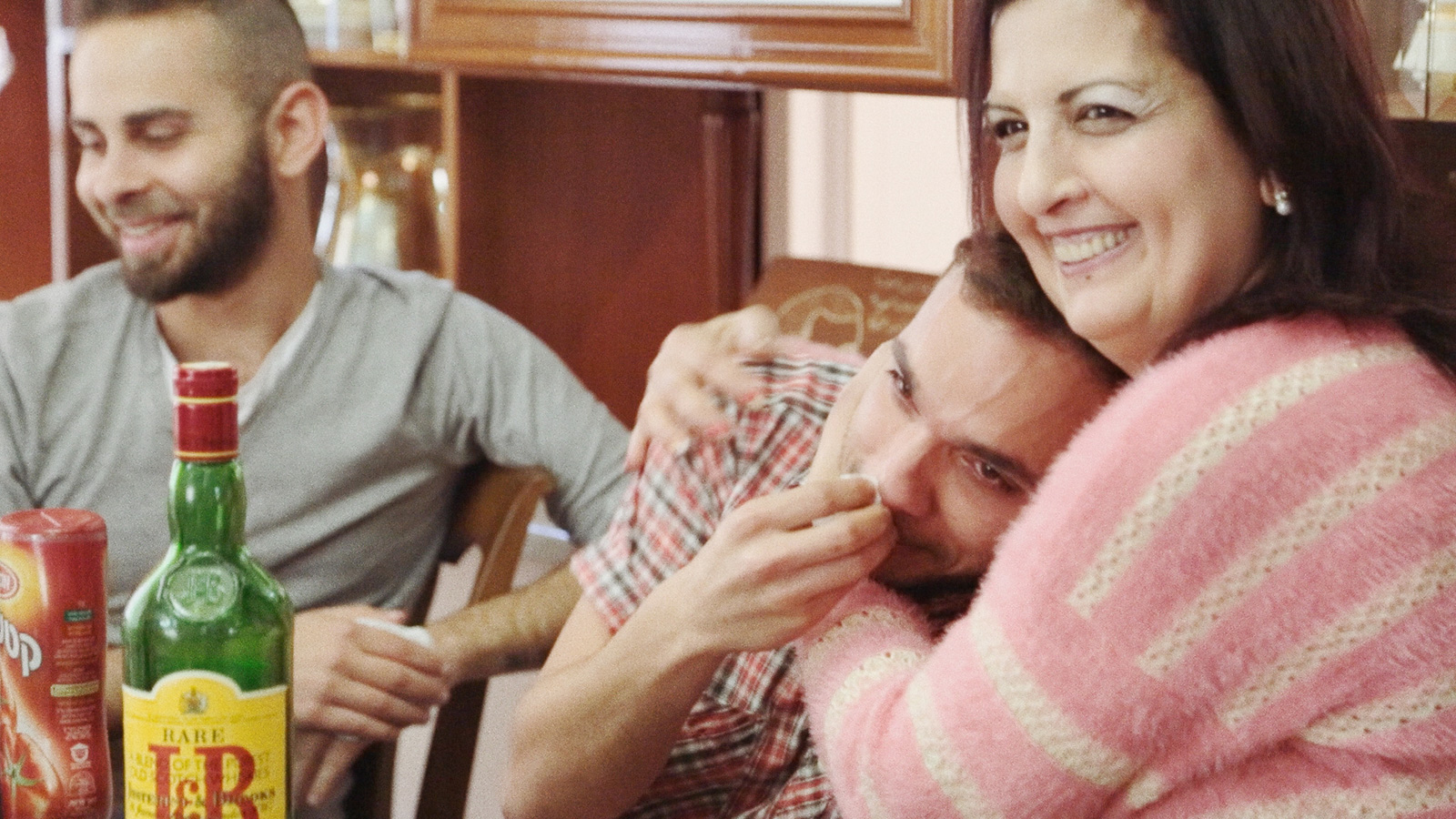Oriented: Exploring LGBT Life in the Middle East
Filmmaker Jake Witzenfeld documents gay Palestinians in Tel Aviv

The LGBTQ community faces opposition on a global scale. For every law passed for equality in one nation, there are tragedies and setbacks in another (or even the same)—some fatal and others far more commonplace. With “Oriented,” a feature documentary from filmmaker Jake Witzenfeld, there’s a very uncommon angle at its core: gay Palestinians living in Tel Aviv. And while the film does chronicle challenges faced by a group of friends—how they are isolated and how they choose to become involved—there’s more here than that. Sexual identity is explored. National identity is explored. It’s a struggle both familiar and foreign, cast in the complexities of the Middle East but withholding judgment. With the documentary available for rent or purchase on iTunes today, after a year of screenings at over 100 film festivals, we spoke with Witzenfeld about why he chose Tel Aviv and what the film truly conveys on behalf of a little-known LGBTQ segment.

Witzenfeld was born in Essex, England to what he describes as a “not particularly religious family, but Jewish and aware of our heritage.” Israel was long on his mind, as it was frequently addressed by his community. During university, he began to focus on the Middle East and study Hebrew. He even studied abroad in Tel Aviv for a year. After school, he explains, “For personal and professional and ideological reasons I ended up moving here. Originally, I moved here because I liked it.” What kept him, however, was distaste with the way the Israel-Palestine narrative had become—moreover a belief that he could tell it better. “All of a sudden, I came across people whose personal daily lives were at stake in this context.” And over time, his film project was born.

Witzenfeld didn’t set out with a treatment and a mission to impart one system of beliefs or struggles. “I came across this story. When I met Khader [Abu Seif] and saw his relationship with David [Khader’s Jewish boyfriend] and his activism, I wanted to start filming it. It emerged from there, and spending time and shooting with the guys and over time I grew the courage to show more people.” The director found most people hadn’t seen this world before so Witzenfeld followed it through. “It was a natural evolution, rather than a notion or observation I went looking to cast.” Between the aforementioned storyline and that of two other characters (who are all united by friendship), the documentary weaves together.

One of those stories is a love story, wherein Fadi, a Palestinian nationalist finds himself falling in love with an Israeli soldier. Another is that of family, wherein Naeem returns to his hometown to come out to his family. As Witzenfeld explains, the film “grew into its own in a collaborative way. For the first six months, it was about being a friend and not having a camera around.” Along the way, however, the friend group founds a cultural resistance group called Qambuta, and in some ways “Oriented” is an extension of that. Qambuta produced a series of videos, many of which are showcased within the feature. We see the artists making their art, and the final works nestled within.

“I would say that very few Israeli films, or very few films at all, present the homosexual Arab as an empowered character,” he continues. This led the director to change course some. “For a very long time, this project was called ‘The Misfits.’ I made the switch to ‘Oriented’ because I did not want to play into victimization. This is the minority of the minority, but what I was getting were oriented individuals; eloquent, complex people.” And while these individuals exist in the context of war, Witzenfeld wanted to convey something greater: “Life is normal and then all of a sudden there is an emergency beep on your phone and you put it away to return to normalcy, having a night with friends to show films and there being a news item about rockets being fired around. That’s very Tel Aviv.” This isn’t about “personal lives totally and utterly embroiled and drenched. It’s about three friends getting out there and being empowered.”

“Oriented” premiered a year ago, and the cast and crew has spent a year doing community driven screenings. “We reached out to every Jewish, Palestinian and Arab human rights film and LGBTQ community and said, ‘Hey, do you want to license this for a night and have a conversation with us?’ We’ve been to over 16 territories and hosted well over 100 screenings. We are going to continue to do more,” Witzenfeld adds. “It’s those opportunities to speak with audiences that really bring the effort to make this film home. Even if its is 2AM in Tel Aviv and we are Skyping into a gender studies class in Cincinnati.” And while the content is important and the issues even more so, what can’t be neglected is the fact that the film itself is good and the characters are engaging and lovable. And, of course, that these are voices rarely heard.

“It’s really important that we hear LGBT Muslim and Arab voices in the world,” Witzenfeld concludes. “Fingers crossed this is one part of a rising confidence. That this community can own and support non-heteronormative gender or sexual orientation.”
The film is available for rent or purchase on iTunes now, $4.99 for the former and $14.99 for the latter.
Screenshots courtesy of Jake Witzenfeld












